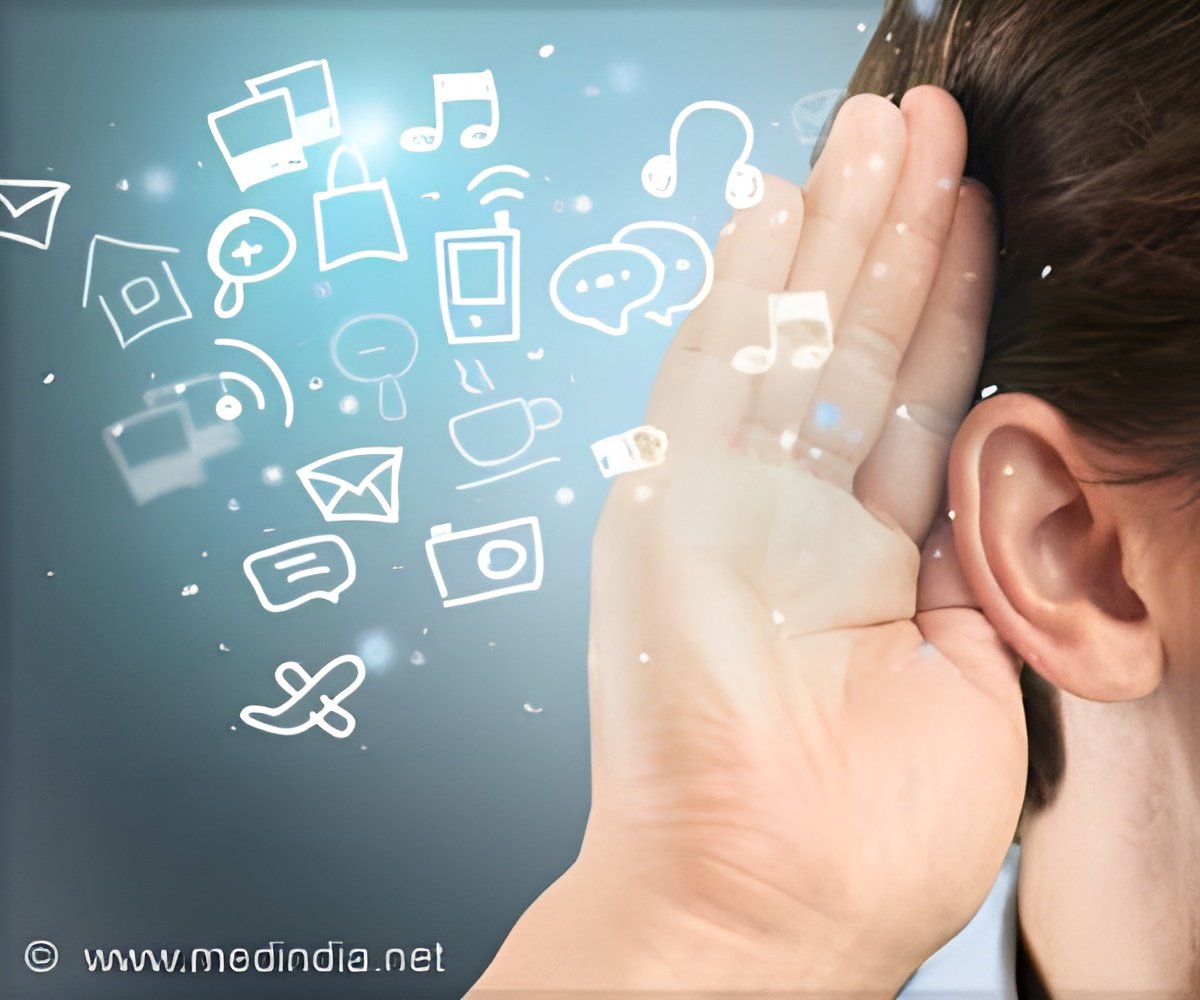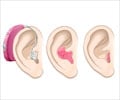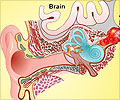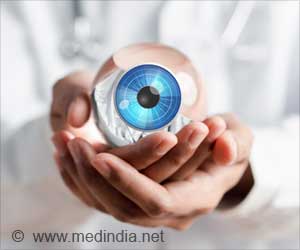
Deafness and hearing loss
Go to source), as per estimates from the World Health Organization (WHO). “Now, the world is becoming more and more dependent on hearing aids. The ear plays an important role in amplifying sound and converting sound into neural pulses. But those pulses are sent to the brain, which is where AI-enabled advanced hearing aids help,” Dr. Aparna Gupta, Associate Director, Neurology, Indian Spinal Injuries Centre (ISIC), New Delhi, told IANS.
Advanced AI-Based Hearing Aids as a Beacon of Hope
Dr. Virendra Singh, Senior Consultant, ENT, Sri Balaji Action Medical Institute, New Delhi said that they take up surgery as one of the options, but with some limitations, advanced AI-based hearing aids are breaking sound barriers these days.“Hearing aids stand as a beacon of hope. Through coordinated efforts between ENT specialists, audiologists, the hearing aid industry, and governmental support, we can ensure that no one is left in silence. Advanced devices can bridge the gap between silence and symphony,” added Dr. Singh.‘AI enables the processing of sounds to enhance speech, reduce noise, and decipher sound complexities 80 million times an hour. AI aids hearing aids in their fundamental function of improving hearing. #AI #hearingaids #worldhearingday’
Tweet it Now
India is also confronted with a formidable challenge as hearing loss impacts millions of people spanning various age brackets. The WHO reports that roughly 63 million individuals in India grapple with notable auditory deficiencies, emphasising the critical requirement for viable remedies and disruptions. As India's elderly populace is forecasted to double by 2050, surpassing the number of children who are also these days prone to hearing loss, the incidence of hearing impairments is anticipated to escalate, accentuating the necessity for preemptive actions to tackle this urgent health concern. Did You Know?
Currently, one in four individuals aged over 60 experiences hearing loss. However, by 2050, this prevalence could decrease to affecting one in ten people, encompassing millions of children and young adults.
Dr. Aparna noted that hearing is also crucial to a person’s health and well-being.“When you live with hearing loss, the brain uses sound dysfunctions and neurons tend to die out if you're not sending the signals. Hence, it is important to understand what's going on in the brains of hearing-impaired patients. Moreover, a growing body of research and assessments is revealing the connection between early-stage Alzheimer's, stroke, depression, and auditory well-being,” she explained.Despite millions grappling with hearing loss worldwide, the adoption rate for hearing aids remains surprisingly low, barely surpassing 10 percent. This is majorly due to high cost devices as well as social stigma, said the experts.
“While issues such as access and affordability undoubtedly factor into this equation, stigma also plays a significant role in perpetuating this disparity. Many people associate hearing aids with outdated stereotypes, mistakenly believing they are exclusively for the elderly or those with disabilities,” said Brandon Sawalich, President and CEO of Starkey, a global hearing technology company. He said that however, today’s technology has transformed hearing aids, enhancing people’s lives and improving their hearing.
The introduction of AI-enabled hearing aids thus marks a significant stride in tackling hearing impairment. These cutting-edge devices provide unmatched sound clarity, health monitoring features, and a tailored user interface, heralding a new era in hearing aid technology.
Reference:
- Deafness and hearing loss - (https://www.who.int/news-room/fact-sheets/detail/deafness-and-hearing-loss)
Source-IANS















